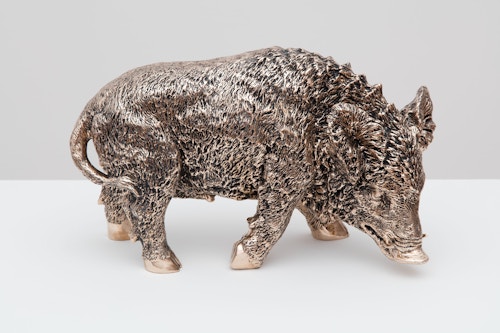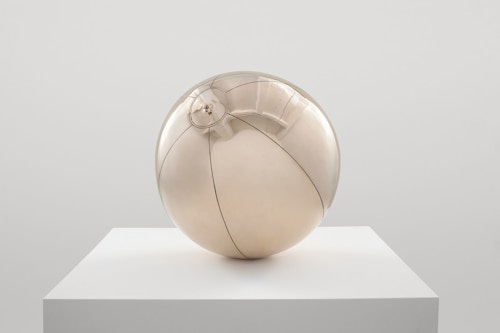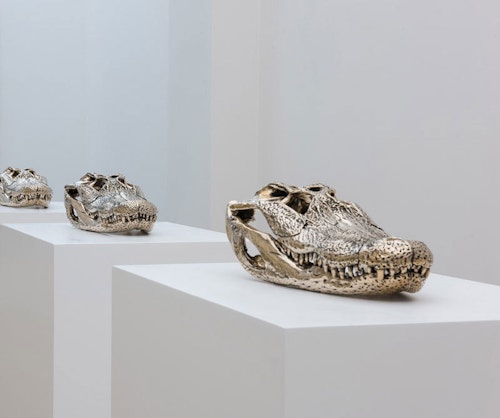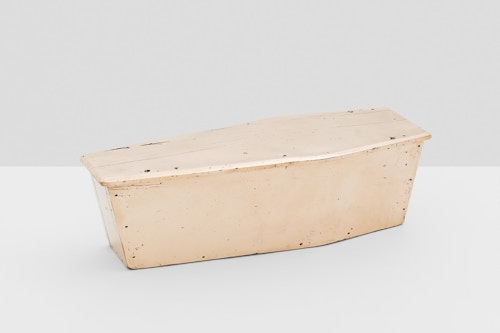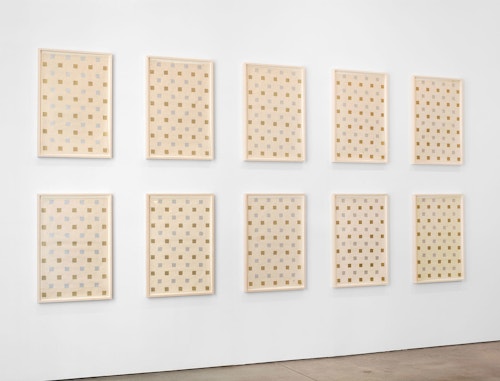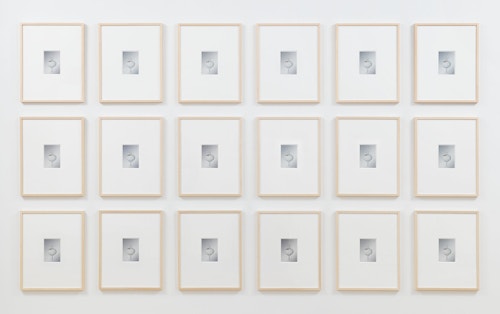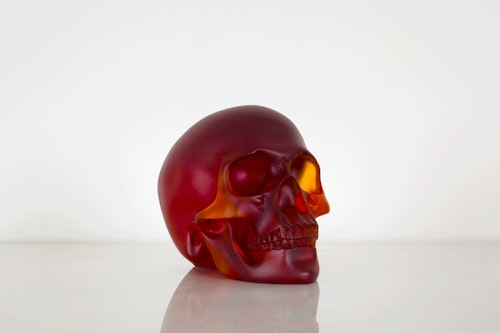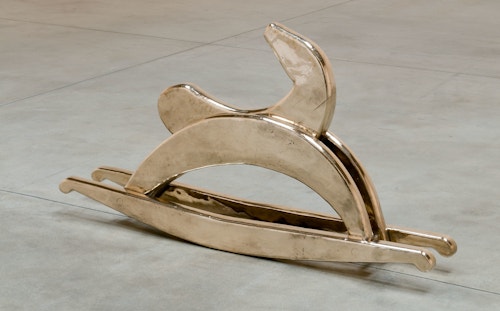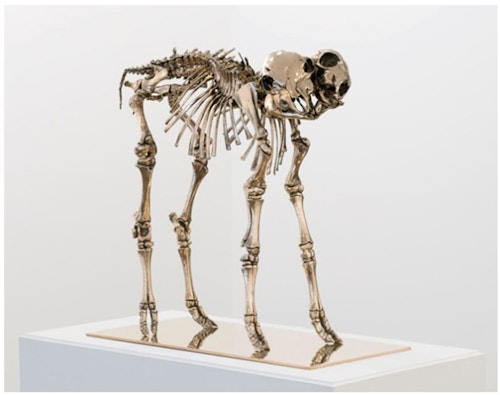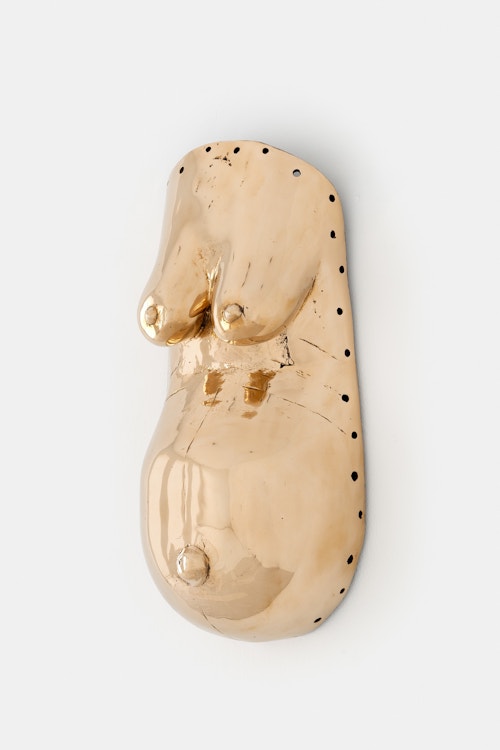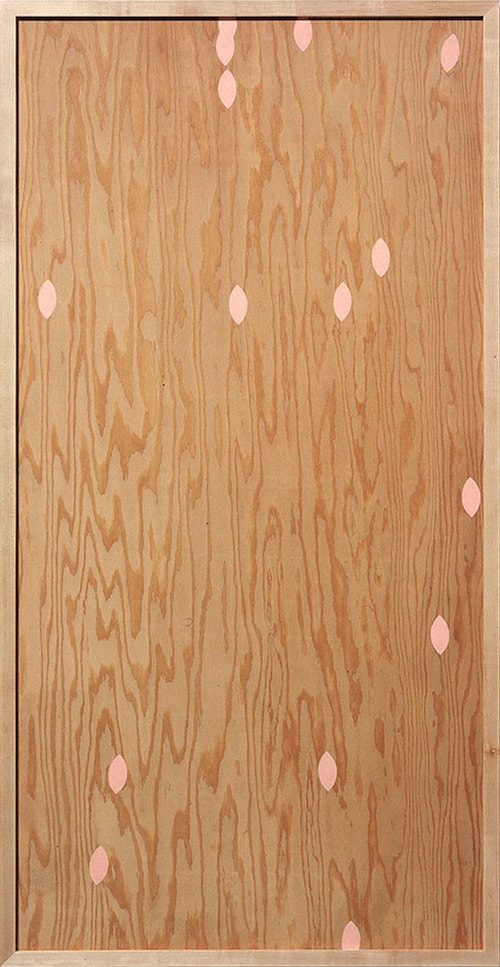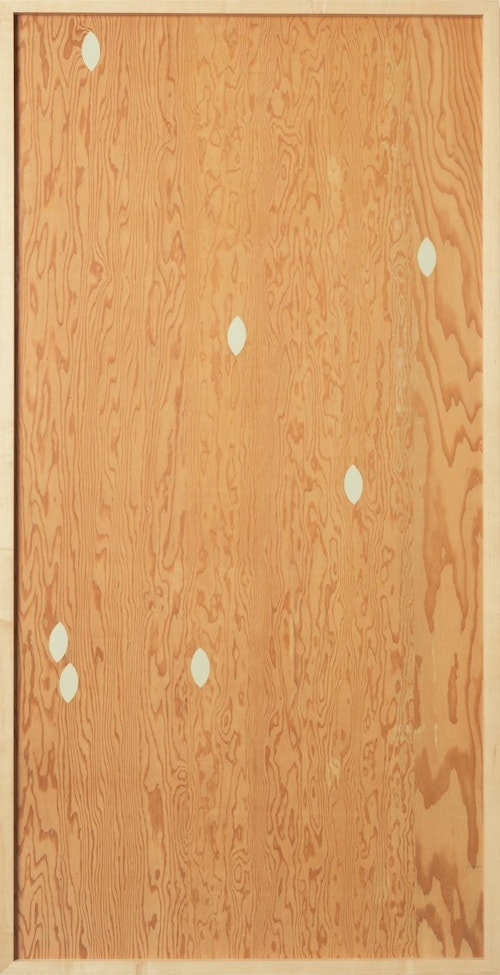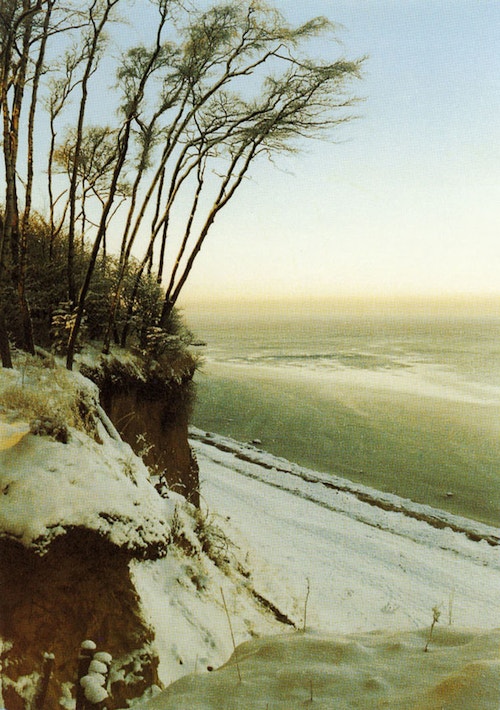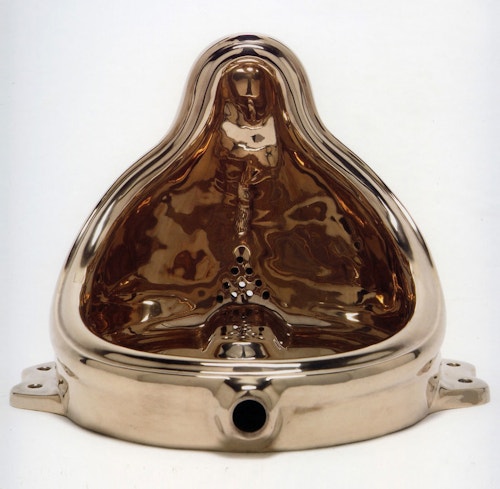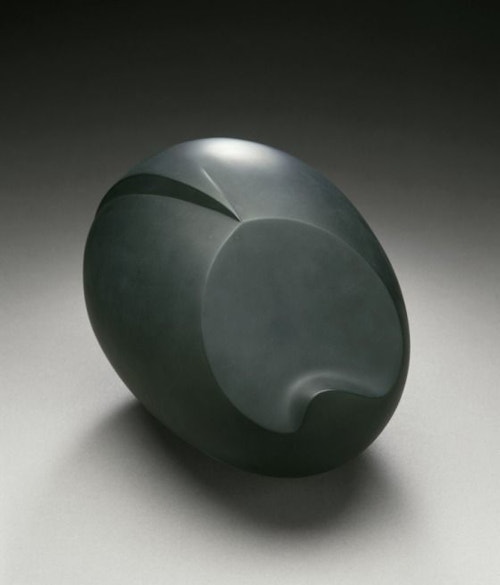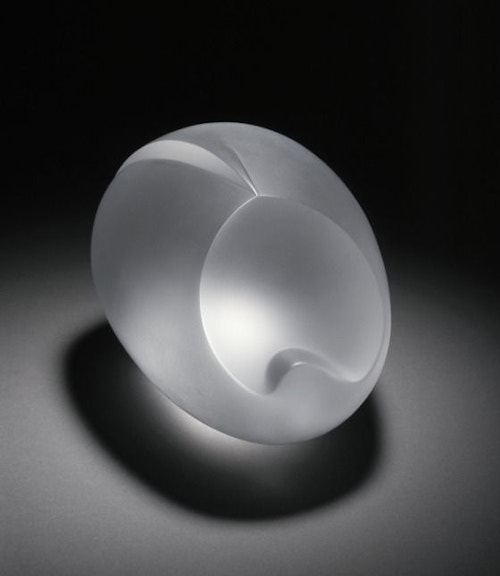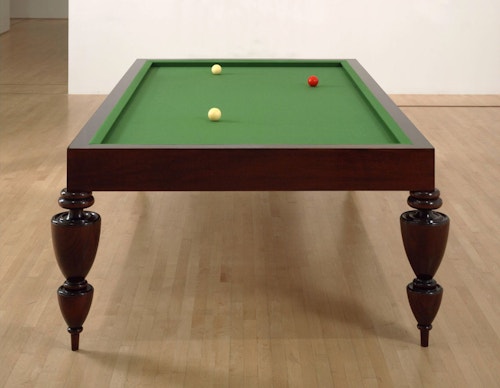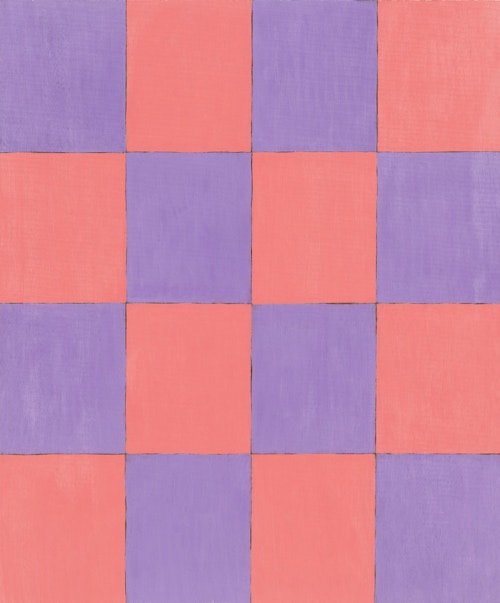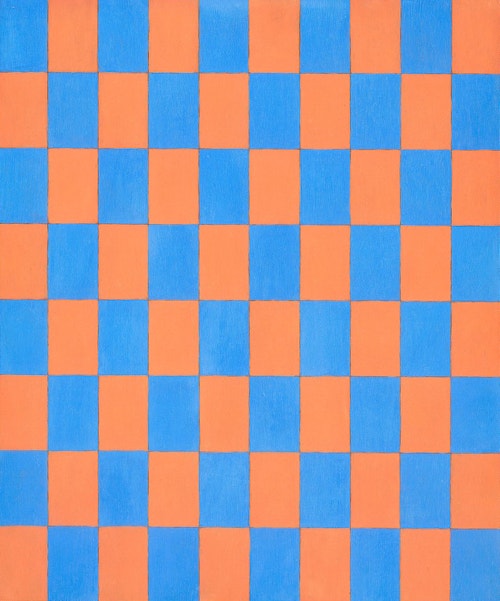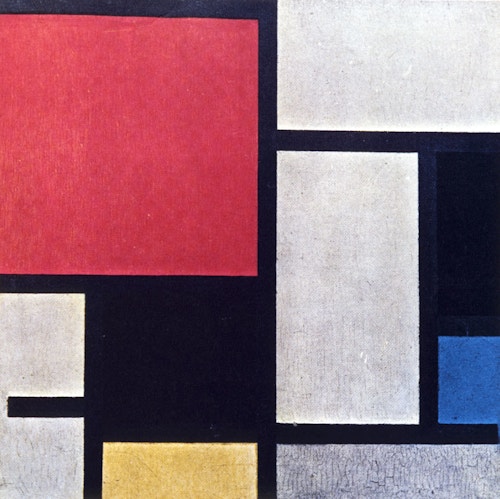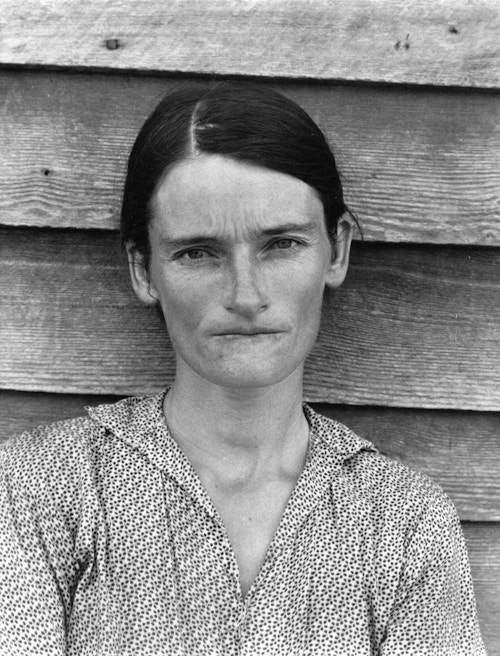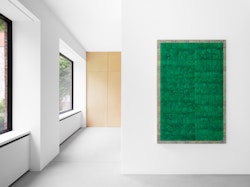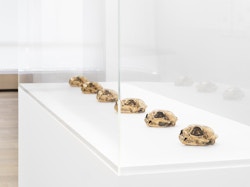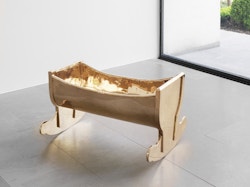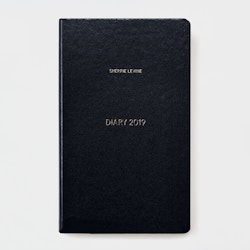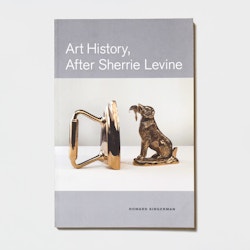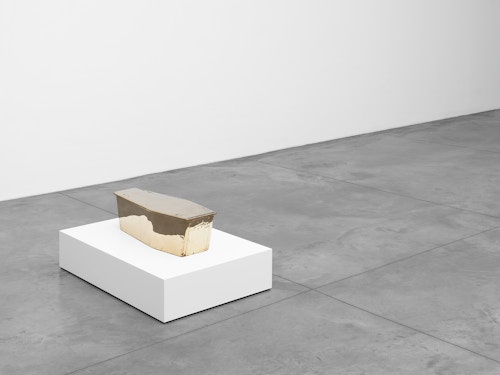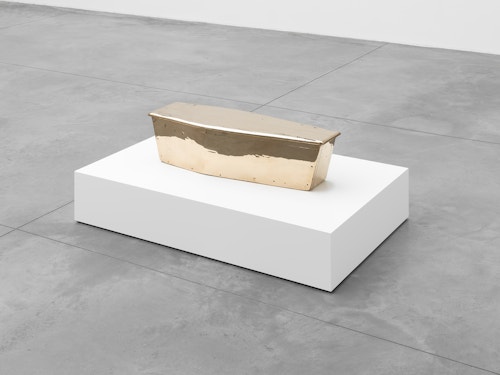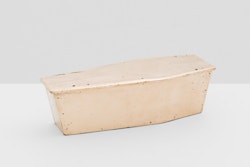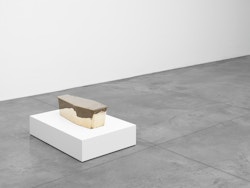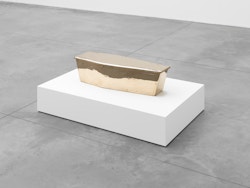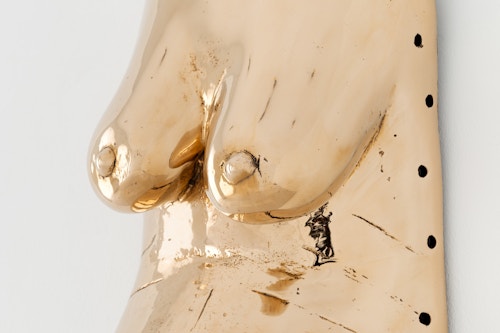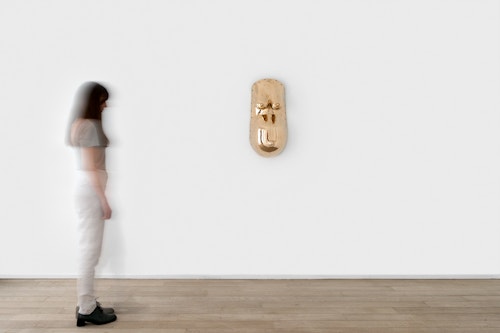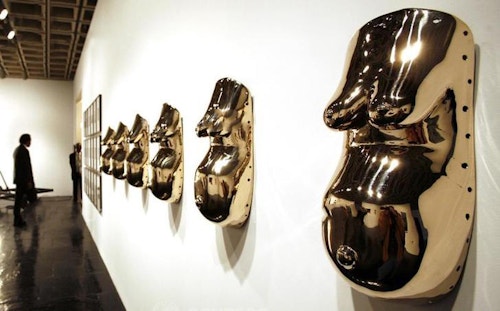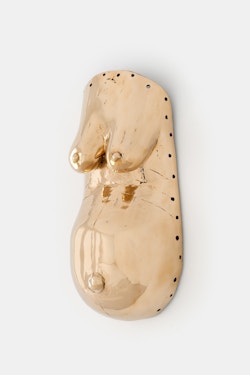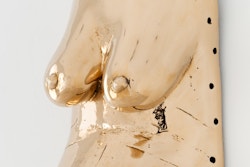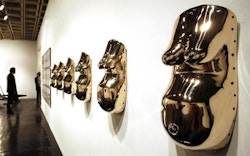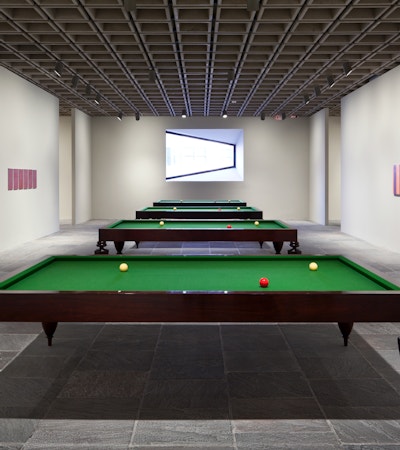
Sherrie Levine
Active since the late 1970s, American artist Sherrie Levine is recognised for her radical and uncompromising analysis of the critical issues surrounding art-historical interpretation. Initially establishing her reputation in the field of photography and appropriation, most notably of works from the modernist canon, her practice has broadened over the years into a wide-ranging discourse on the historical and contemporary meaning of originality and authorship. The relationship of Levine’s work to its ‘source’—be it an existing artwork, found object or theoretical concept—typically creates a paradigm shift that prompts a re-evaluation of the trajectories that objects and ideas travel across time and media. In this, Levine not only challenges the institutional structures, hierarchies and systems that define and categorise art, but also the mechanisms responsible for the creation of history and significance. In works that are as formally rigorous as they are intellectually prescient, Levine explores the seductive nature of objects and images and reveals how their power and authority can be mediated, eroded, subverted or augmented.
Sherrie Levine (b.1947, Hazleton, PA, USA) lives and works in New York. Her earliest work was included in the seminal exhibition Pictures (1977) at the Artists Space in New York. In 1981 Levine debuted her controversial series Untitled, After Walker Evans which, together with other similar series, made her a leading member of the ‘Pictures Generation’, a group of artists using appropriation techniques to challenge the notions of authenticity and originality in the media-saturated 1980s. Levine's work has been the subject of solo exhibitions at prominent institutions worldwide and can be found in major international museum collections.
